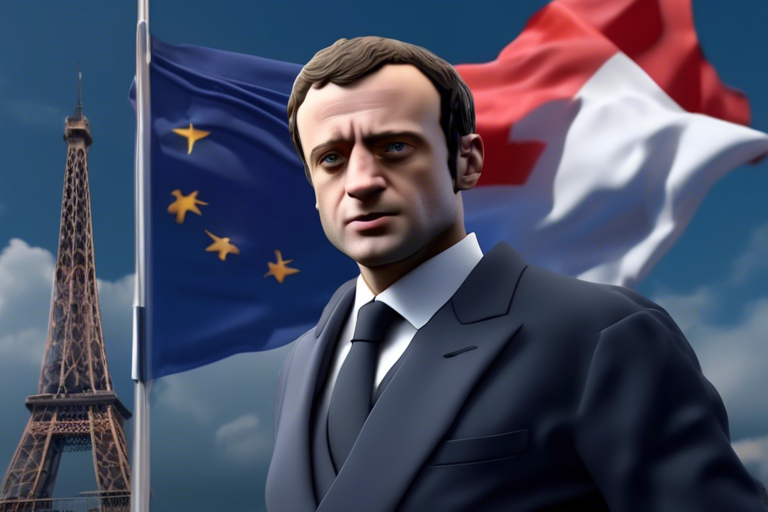The French Political Landscape
French President Emmanuel Macron made a risky move by calling a snap election after his party’s defeat in the European Parliament elections, leading to a hung parliament scenario. This decision surprised many and sparked uncertainty in the country’s bond market. Investors started offloading French debt, resulting in a significant leap in the France bond risk gauge. Macron’s gamble has left France in a precarious position due to the lack of a clear majority in the National Assembly, raising questions about the country’s stability and economic future.
The Macron Factor
Emmanuel Macron’s ascent to power in 2017 marked a significant shift in French politics. As a fresh face, he challenged and defeated the traditional establishment parties on both the left and right. Despite his elite background, Macron’s policies and public image resonated with voters initially. However, his popularity waned due to controversial measures like a proposed fuel tax increase and pension reform. Macron’s missteps opened the door for rival Marine Le Pen, who transformed her party’s image and gained public support by capitalizing on Macron’s weaknesses.
- Risk in the Bond Markets:
- Macron’s decision to call a snap election led to a surge in France’s bond risk gauge, indicating heightened uncertainty among investors.
- Investors view Germany as a safer investment option compared to France, given the latter’s political instability.
- Macron’s Popularity:
- Macron’s initial popularity waned due to controversial policies like proposed tax increases and pension reforms.
- His background as an elite figure and perceived disconnect with ordinary citizens contributed to his declining public support.
The Rise of Marine Le Pen
Marine Le Pen’s National Rally party has undergone a transformation to shed its extremist image and appeal to a broader voter base. Le Pen capitalized on Macron’s shortcomings to position herself as a credible alternative. By distancing herself from past controversies and presenting a more moderate platform, Le Pen managed to attract voters disillusioned with Macron’s leadership. Her strategic rebranding and emphasis on governance readiness played a crucial role in her political resurgence.
Implications for France and Europe
France’s recent election results have left the country in political gridlock, with no party securing a clear majority to form a government. The left-wing coalition’s unexpected victory has further complicated the political landscape, raising concerns about potential regulatory and economic changes. Investors remain cautious as France grapples with internal divisions and external challenges, contributing to ongoing uncertainty in the bond markets and broader European politics.
Hot Take: The Road Ahead
France’s political uncertainty following the recent election results poses challenges for both Macron and his rivals. The country’s divided parliament and shifting public sentiment highlight the need for decisive leadership and cohesive policymaking to navigate complex economic and social issues. As France grapples with internal divisions and external pressures, the path forward remains uncertain. Investors and citizens alike are watching closely to see how the country’s leaders will address these challenges and shape its future.





 By
By
 By
By
 By
By

 By
By
 By
By